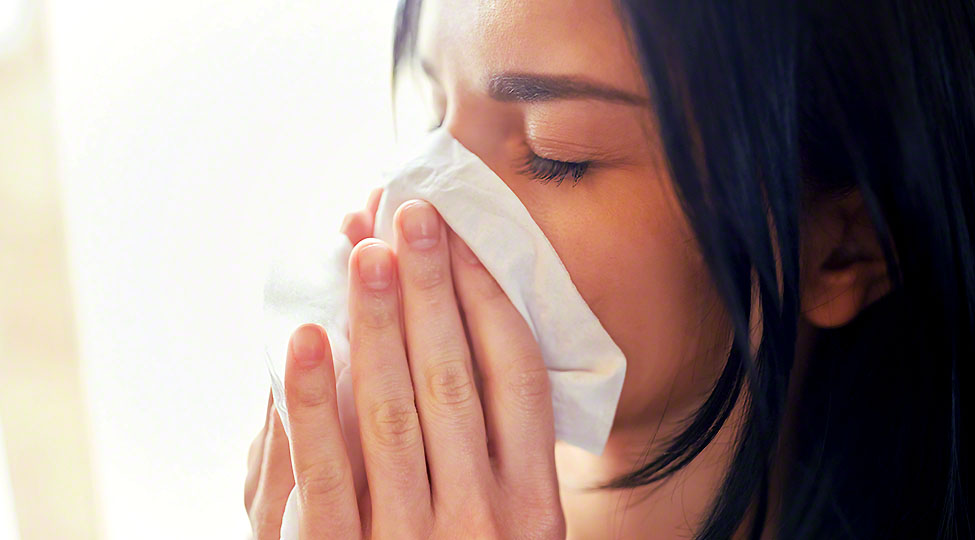Allergies are caused by triggers and these can be simple things around you. Pollen, pet hair, dust, food, and even some insects can cause allergies. Here is everything you need to know about allergies caused by mold and when you should go to an allergy specialist doctor.
What Is Mold Allergy?
Mold can cause severe allergic reactions in the body. It is a unique type of allergen that can cause fever, red rashes on the skin, and swollen eyes and face. It is usually caused by the inhalation of spores or molds. These molds can go into your body and your bloodstream and it may cause severe issues like coughing fits, watery and itchy eyes, and more, which will leave you feeling restless, and quite frankly, it’s a very unpleasant situation to be in.
You need to prevent your exposure to mold and spores as much as possible because these things can get aggravated very easily and if things get out of control, it’s hard to normalize things with medicine and prevention.
Causes Of Mold Allergy
The main cause of mold allergy is mold and spores from fungus. These things can look pretty harmless from afar, but if you inhale the spores or even touch them, it can cause an allergic reaction to the body, if you have mold sensitivity.
The best way to find out if you have a fungus or mold sensitivity is to do a patch test. You need to see an allergist for that. They will take some amount of the allergen and put it on your skin and then they will wait to see the reaction of the allergen on your skin. If there are red patches forming on the skin and you are beginning to feel quickness in breathing, then it is highly likely that you might have a mold or spore sensitivity. Here are some common places where mold and fungus tend to thrive.
Moistened wood panels are a perfect breeding ground for molds and fungus and you can easily see them growing on the wet wood if you look closely.
Food that tends to go bad is also a common breeding ground for fungus and molds. It’s better if you don’t touch it or if you end up touching it, make sure you wash your hands thoroughly before touching your eyes, nose, or your face, in general.
Symptoms Of Mold Allergy
Here are some symptoms which can indicate that you are suffering from a mold allergy:
- You will experience a lot of coughing, to the point where you will believe that you are having extreme coughing fits.
- You will have difficulty in breathing, since inhaling the spores can make the airways swell from the inside, making it impossible to breathe without facing difficulty.
- You will have red and itchy patches on the skin. This is due to touching the mold and not washing the area right away.
- Your eyes will be swollen and red and there will be water coming out of them too.
- You will also have a fever, which will not go down unless you take your allergy medication.
Treatment And Prevention
Here are some treatment and preventative measures for mold allergy.
- Try to avoid exposure to spores and molds as much as you can.
- Wear a mask when going to places where spores are abundant.
- Have your allergy medication on hand, and if you haven’t been to the doctor yet, then it’s high time you should.
- Consider immunotherapy or allergy shots. They tend to work on mold allergies and it is a sound treatment for many allergies.
- Have good personal hygiene. This is important for most people who suffer from allergies, but especially important for spore and mold allergies since they can easily spread through contact and in places where there is poor ventilation, molds tend to thrive more.
- Take antihistamines for the symptoms, like swelling, itchy skin, and eyes. This will alleviate these symptoms and you will feel much better.
Conclusion
There you have it! Mold allergy is also a very common type of allergy and it can be treated with medicine and preventative measures. For diagnosis and treatment, never delay your visit to an allergy clinic Germantown.

